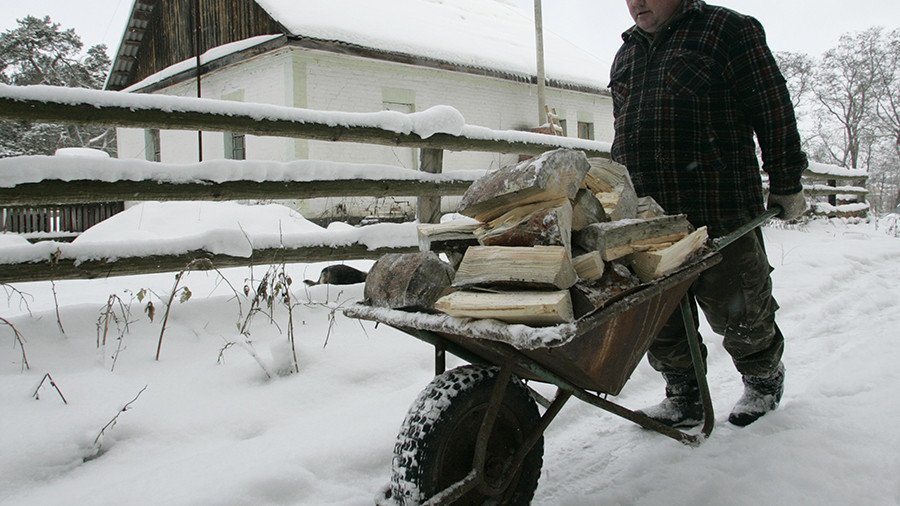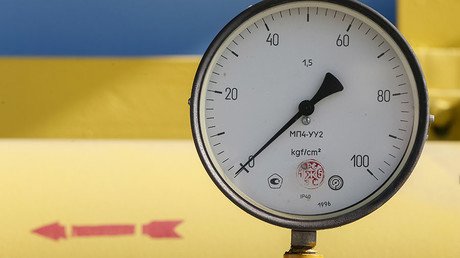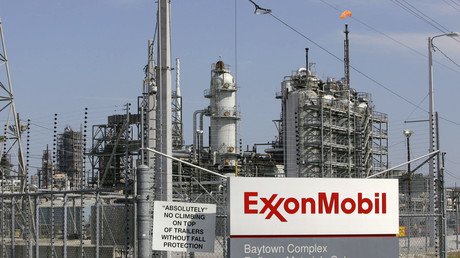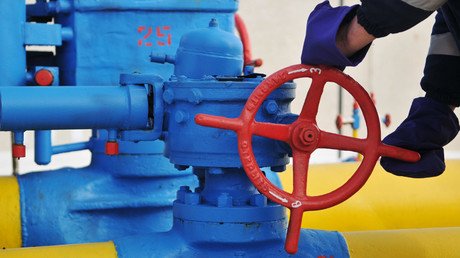Ukraine is overpaying for European gas & wants Russia to foot the bill

Kiev was forced to buy expensive gas in Europe after Russia’s state-run company Gazprom severed contracts with Ukraine and refused to deliver the fuel in March. Now, Ukraine is demanding that Russia pays the price difference.
"According to operational data, the average weighted price of gas from European suppliers in March this year exceeded the price of gas from Gazprom (after its decline in accordance with the decision of the Stockholm Arbitration) by 33.9 percent. All this overpayment will be billed to Gazprom," Ukraine’s Naftogaz Commercial Director Yury Vitrenko wrote on Facebook.
Previously, Vitrenko said that, because of the gas shortage in Ukraine, the country was forced to buy gas in Europe for four times Gazprom’s price.
Last week, Gazprom announced it had been forced to immediately break its contract with Ukraine’s Naftogaz for the supply and transit of natural gas. The announcement came after the Stockholm Arbitration ordered Naftogaz to pay Gazprom $2 billion, while ordering the Russian company to compensate Naftogaz to the tune of $4.67 billion.
Gazprom and Naftogaz signed the contract for the supply of gas from Russia to Ukraine in January 2009 until the end of 2019. Under the agreement, Ukraine was to buy 40 billion cubic meters of gas per year. From 2010, the volume rose to 52 billion cubic meters annually. However, since 2012, Naftogaz has ceased buying the contracted volume, and stopped buying Russian gas entirely in November 2015, replacing it with reverse gas supplies from Europe.
Gazprom’s Deputy Chairman Aleksandr Medvedev told journalists the company won’t send shipments of natural gas to Ukraine’s Naftogaz as of March 1 after the sides failed to reach an agreement.
The Russia-Ukraine gas-transit contract expires in 2019 and Moscow has repeatedly said Ukraine will lose its status as a key transit hub. Russia wants to substitute Ukraine with the extension of the existing Nord Stream pipeline, which pumps gas from Russia to Germany and onward to Europe.
For more stories on economy & finance visit RT's business section















